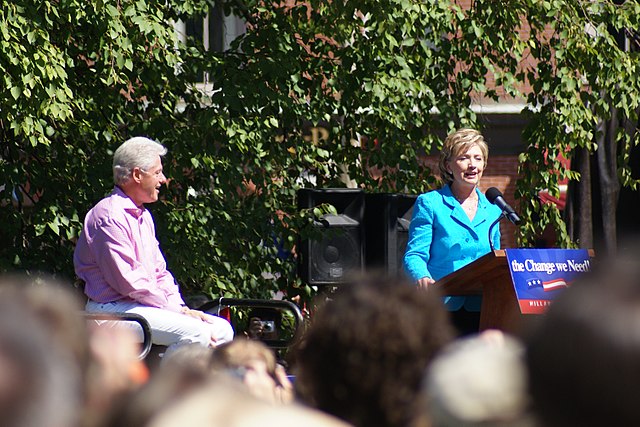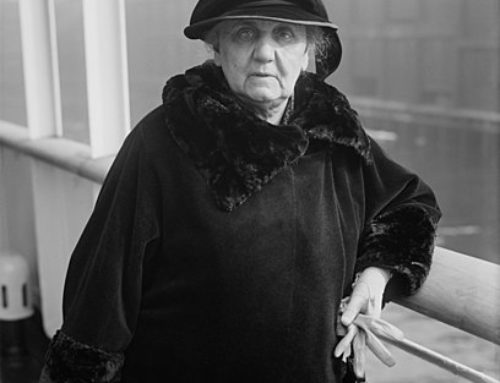Introduction:
In the October 1st-7th issue of The Economist, the magazine highlighted the stupendous amounts generated by the Clinton’s personal accounts and the Clinton Foundation. In fairness while The Economist is very critical of Donald Trump, the magazine highlighted their concerns relative to the Clintons. The Economist supports Mrs. Clinton for President over Donald Trump who they view as a demagogue.
Clinton: Personal, for Profit income-generating activities
-
Since Mr. Clinton left office in 2001, Mr. and Mrs. Clinton have given 728 talks, taking in fees of $154 million. Mrs. Clinton has earned $49 million since she left her office as Secretary of State.
-
Mr. Clinton’s fees rose significantly when Mrs. Clinton became Secretary of State
-
The Clintons gave 13 talks for Toronto Dominion, 12 for Goldman Sachs, and 10 for UBS. Of the 23 Western Banks that regulators classify as systematically important, 12 have paid the Clintons for-profit basis
Clinton Foundation:
-
The Economist said that while the foundation’s expansion and operating performance has been impressive, its governance, sources of capital, and approach to related parties are flawed
-
Revenues from grans and donations just in 2014 was $338 million. Assets under management are now $440 million
-
The foundation employs 2,000 staff. 64% spent on projects and 34% spent on overhead
-
The Economist questioned the Clintons’ claims about their effectiveness. The Clintons claim that their foundation has helped 535 million people, about 1 out of 14 inhabitants of the world
-
The Foundation has little sign of independence from the family of the Clintons or their political careers. The Chairman, president, and several senior executives worked for the Clintons in government or their political campaigns. (Chelsea Clinton acts as vice-chairman). (The Economist did not divulge the pay of top executives of the Clinton Foundation; however, $100 million for overhead allows for some very nice paydays!)
Summary of the Economist Findings:
-
The Economist feels that there has been numerous conflicts of interest between the Clinton activities—public, private, and charitable
-
Donors have on occasions gotten favors from Mrs. Clinton when she was Secretary of State
-
The Clintons’ For Profit speeches involve potential conflicts of interest
-
Direct quote: “After the financial crash, and at a time when a majority of Americans feel the economy is rigged by an elite, the collision of politics, power, money and suffering seems tawdry.”
Conclusion: My Personal Thoughts
I believe that the present political climate is no more honest that the corruption that prevailed during America’s gilded age when wealthy industrialists bought politicians. Almost none of us can recall the Presidents from 1870-1900, but we all know the names of Rockefeller, Carnegie, Gould, JPMorgan, etc. In brief, businessmen “ran the country without regard for the welfare of the average American.” Working conditions in that era were appalling.
Simply said, instead of giving money in a brown bag to Spiro Agnew, we now give boatloads of cash to politicians in the form of inflated speaking fees, book-writing contracts, consulting fees, lobbying fees, etc. The dollars involved in obtaining political favors have grown so significantly since the Agnew scandal that I believe if you brought $10,000 in a paper bag to the Clintons they would just turn it down as a trifling tip.
Let me end by this rhetorical question? For years the public has been outraged that hedge fund managers pay taxes at a rate of 15%, yet there has been no legislation to remedy this injustice. How could a government “of the people, by the people, and for the people” justify this inequity?
Originally published in the Sarasota Herald-Tribune




